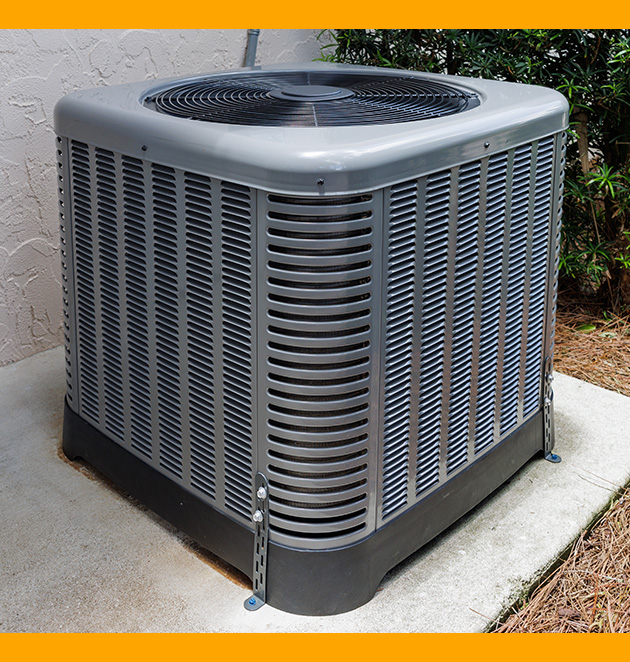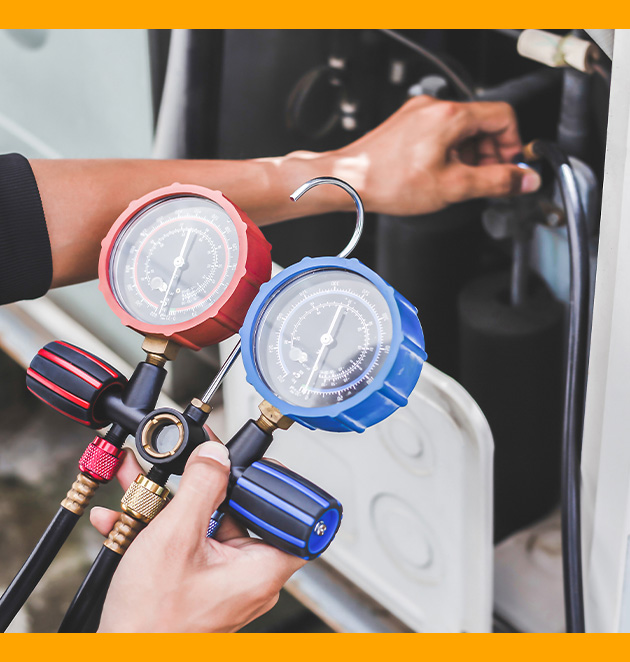
How Often Should HVAC Systems Be Serviced?
Regular maintenance is key to keeping an HVAC system running smoothly and efficiently. Oregon Heating & Air Conditioning, LLC recommends scheduling professional maintenance at least once a year – ideally in the spring and fall. This helps ensure the system is ready for the peak demands of summer and winter. During a maintenance visit, technicians thoroughly inspect the system, clean key components, and identify potential issues. This includes checking refrigerant levels, testing electrical connections, and lubricating moving parts.
In addition to the recommended annual maintenance, homeowners should perform monthly checks, such as replacing filters and inspecting for visible damage or unusual noises. By conducting these simple tasks, you can help prevent minor issues from escalating into major problems. Additionally, understanding the importance of regular HVAC service enables you to make informed decisions about upgrades or replacements, ensuring your system operates at peak performance throughout every season.
What Our Customers Are Saying
-
"I couldn’t be more pleased with the result."Both were very friendly and knowledgeable and seemed to enjoy their work.- Tom T.
-
"Good knowledge for our heating system."We received good suggestions on how to use and take care of our forced-air heater.- Dennis K.
-
"It felt like they were attentive to our requests"We were happy to use a local company and are happy with the results.- Alejandro G.
-
"I was very happy with the quality of service and promptness."The technician spoke very highly of the company, their vision and business ethics.- Jayne C.
-
"Highly recommended."The crew from OR Heating & Air did a wonderful job.- Marc W.
-
"Excellent customer service both before and after!"I have no hesitation in recommending and referring people to Oregon Heating & Air Conditioning.- Laura G.
-
"Would highly recommend them."I am now using Oregon HAVC for the yearly servicing which also offers the best price.- Arletta A.
Signs an HVAC System Is Experiencing Issues
A well-functioning HVAC system is essential for maintaining a comfortable and healthy home environment. However, like any mechanical system, HVAC units can experience wear and tear over time, leading to decreased efficiency and potential breakdowns. Recognizing the early warning signs of HVAC trouble can help you address issues promptly and avoid costly repairs down the line.
Common indicators that an HVAC system may need repair include:
- Insufficient heating or cooling: If a home feels too hot or cold despite adjusting the thermostat, it could signal a problem with the HVAC system. This could be due to a malfunctioning compressor, refrigerant leak, or a problem with the blower motor.
- Poor airflow: Weak airflow from vents can indicate a clogged air filter, blocked ductwork, or a problem with the blower fan. Reduced airflow compromises comfort and puts additional strain on an HVAC system.
- Unusual noises: Strange sounds emanating from an HVAC unit, such as banging, squealing, grinding, or rattling, often suggest mechanical issues. These noises could indicate loose parts, worn bearings, or a malfunctioning motor.
- Frequent cycling: If an HVAC system turns on and off more frequently than usual (short-cycling), it may struggle to maintain the desired temperature. This can be caused by an oversized unit, a faulty thermostat, or a refrigerant leak.
- Increased energy bills: A sudden and unexplained spike in energy bills, especially during moderate weather, can indicate an inefficient HVAC system. This could be due to various factors, including a dirty air filter, leaky ductwork, or a malfunctioning component.
- Unpleasant odors: Musty or burning smells coming from an HVAC system can indicate mold growth, a clogged drain line, or an electrical problem. These odors should be addressed promptly to prevent further issues and create healthy indoor air quality.
- Excessive humidity: If a home feels excessively humid, even when the air conditioning is running, it could point to a problem with the HVAC system's ability to dehumidify the air. This could be due to a refrigerant leak, a malfunctioning condensate pump, or improper ventilation.
- Leaking water: Water leaks around an HVAC unit can signify a condensate drain blockage, a cracked drain pan, or a refrigerant leak. Ignoring water leaks can lead to water damage and mold growth.
- Old age: HVAC systems typically have a 15-20 years lifespan. If a system is nearing or exceeding this age, it may be more prone to breakdowns and repairs. Consider investing in a new, energy-efficient system to avoid frequent and costly repairs.
If any of these signs are noticed, contacting a qualified HVAC technician for prompt diagnosis and repair is crucial. Ignoring these warning signs can lead to more extensive damage, decreased efficiency, and potentially costly replacements.
Proper maintenance and timely repair can significantly increase the efficiency and lifespan of your HVAC system. Modern advancements in HVAC technology offer many features that enhance efficiency, such as programmable thermostats and smart home integrations. Leveraging these advancements improves comfort and significantly reduces energy consumption, ultimately saving on utility bills. Choosing proactive maintenance ensures your system is aligned with current technological advancements, maintaining optimal performance.













